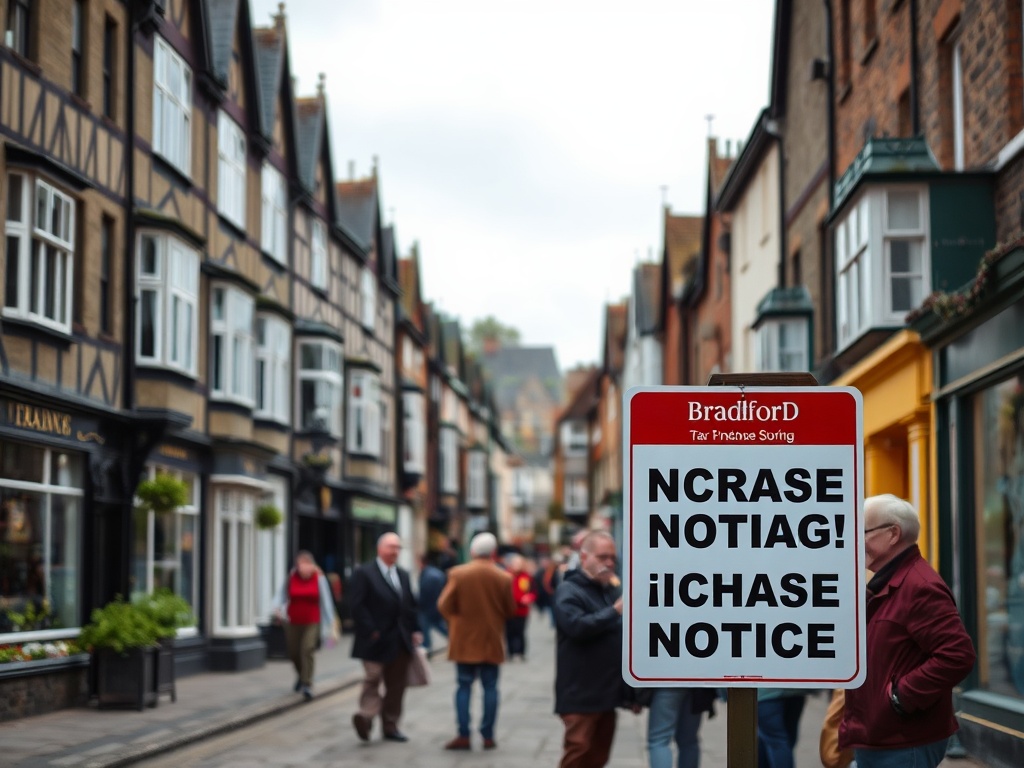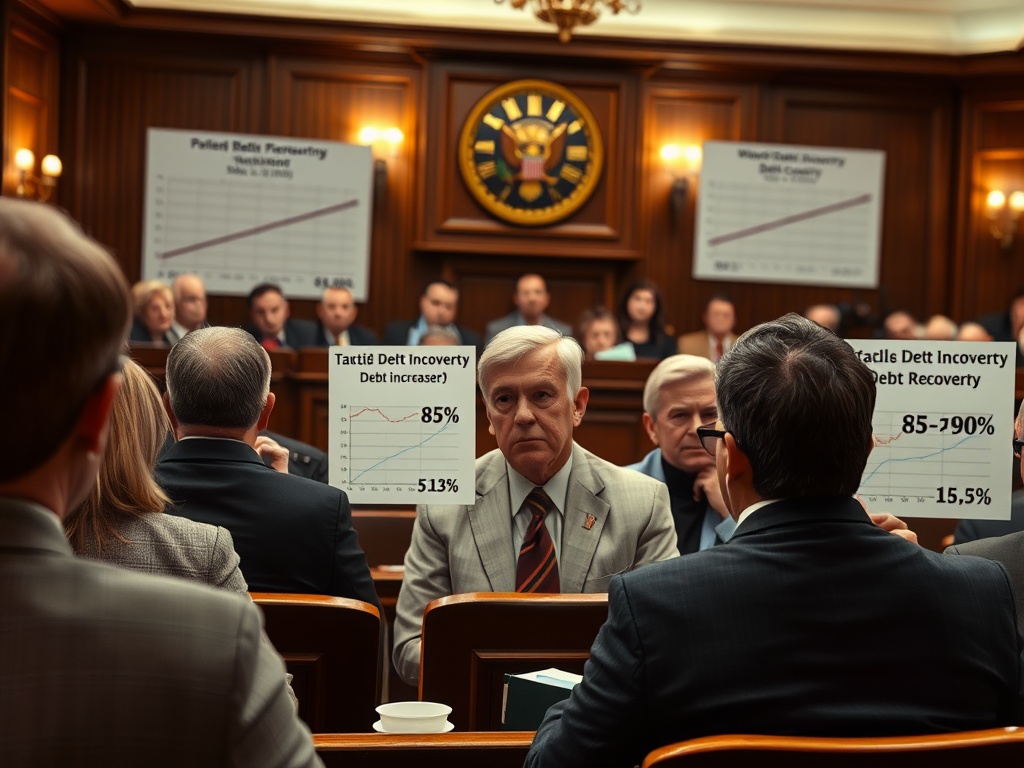Bradford Council Faces Controversy Over Tax Increases and Debt Recovery
The council with the highest tax increase in England this spring, Bradford Council, has issued over 27,000 court orders in just ten months against residents who have failed to pay their council tax. This alarming figure highlights the growing financial pressures faced by local households as the council prepares to raise council tax by a staggering 9.9% starting this April, following special permission from the Government.
Even prior to this tax hike, thousands of families in the Bradford area are being pursued for outstanding debts. Campaigners have expressed concern that such increases will exacerbate the financial struggles many families already face. Data obtained by The i Paper reveals that between April of last year and early February, Bradford Council secured 27,922 liability orders—a specific type of court order mandating payment of debts—after residents missed their tax payments.
This situation allows bailiffs to visit households to collect owed amounts, or alternatively, the council can deduct money directly from benefits or wages. Should these methods fail, the council retains the right to escalate matters to the courts. Notably, these liability orders were pursued after the council sent out 30,192 summonses to residents, urging them to settle their annual council tax bills after they failed to make timely payments.
Of those summonses, 2,270 did not result in liability orders, either because the households managed to pay their debts in full or the summonses were subsequently withdrawn. The trend of increasing summonses is evident, with the numbers rising from 12,198 in 2020/21 to a staggering 37,727 sent in the 2023/24 tax year. With the current tax year still ongoing, the 30,192 summonses issued for 2024/25 are expected to rise further.
Bradford Council is planning a council tax increase of 9.99% for 2024/25, which, although lower than the initially requested 14.99%, still reflects significant financial pressure on residents. The council’s website states: “If a liability order is granted, we will take appropriate enforcement action as quickly as possible, unless you have made an arrangement for payment.”
Community Reactions and Calls for Reform

Andrew Dixon, the chairman of Fairer Share—an organization advocating for council tax reform—commented, “With a relatively high number of households already clearly struggling to pay their bills, a substantial rise in council tax, such as the 10% increase in Bradford, is clearly not the answer, as it will push more families into debts they cannot afford. Council tax has become an outdated and desperately unfair burden on low and middle-income families. These liability orders are deeply concerning and highlight the urgent need for fundamental reform of this inequitable tax.”
He further added, “Sadly, council tax has morphed into a wealth tax on hardworking families while remaining a service charge for the more affluent.” According to analysis from the Resolution Foundation, the financial burden of council tax on poorer households has been increasing, with the lowest-income households in the UK paying 4.8% of their income on council tax in 2020/21, up from 2.9% in 2002/03—three times the rate of the wealthiest households, who contribute only 1.5%.
Lalitha Try, an economist at the foundation, stated, “This poorly structured tax increasingly resembles the very thing it was meant to replace—the dreaded poll tax.” Conor D’Arcy, deputy chief executive of the Money and Mental Health Policy Institute, added, “While council tax is essential for funding critical public services, the aggressive methods employed by many local authorities to recover council tax debts can be harmful and counterproductive. Many individuals who miss payments are on low incomes and are often struggling with mental health issues.”
Bradford, a Labour-run council, has received special authorization to implement a nearly 10% increase in council tax this April as part of its efforts to avoid financial collapse. The council claims that this rise will reduce annual borrowing costs by approximately £5.5 million over the next two decades and is intended to help safeguard essential services.
It is one of only six local authorities in England allowed to increase council tax beyond 4.99% without conducting a local referendum. The majority of councils in England are adhering to the 4.99% cap, with only 15 planning increases below that threshold. Local residents have expressed concerns to The i Paper, indicating that they fear they will be unable to manage the increased expenses come spring. However, some argue that improved services necessitate the rise in council tax.
Bradford Council has been approached for further comment on this pressing issue.




